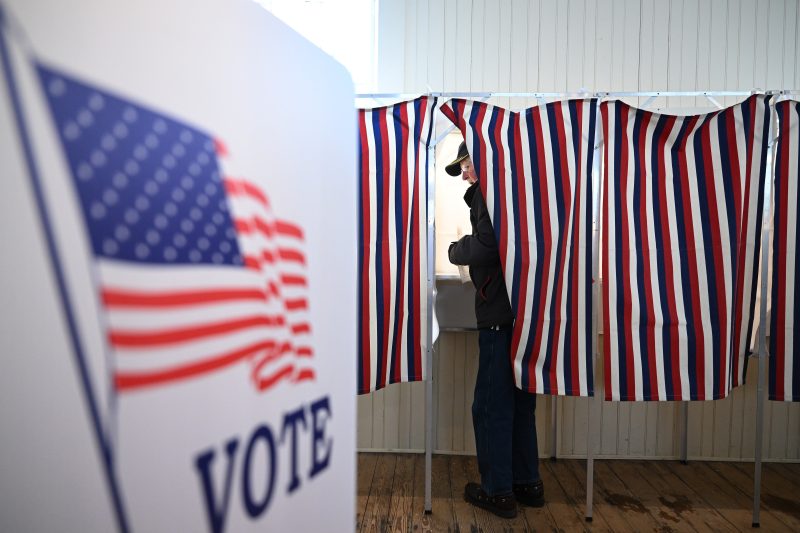The National Popular Vote Plan: Addressing Undemocratic Aspects of the Electoral College
The Electoral College system has long been a topic of debate and discussion in the United States. Critics argue that the system is outdated, undemocratic, and in need of reform. One proposed solution to address the perceived inequities of the Electoral College is the National Popular Vote Plan. This plan aims to ensure that the presidential candidate who receives the most popular votes nationwide is elected president. While the plan has its challenges and critics, it presents a unique opportunity to enhance the democratic process and make the election system more reflective of the will of the people.
One of the primary criticisms of the Electoral College is that it can result in the winner of the popular vote not being elected president. This disparity between the popular vote and the Electoral College vote has occurred in several presidential elections, leading to calls for reform. The National Popular Vote Plan seeks to address this issue by creating a compact among participating states to award their electoral votes to the winner of the national popular vote, rather than the winner of the state’s popular vote. This would effectively ensure that the candidate with the most votes nationwide wins the presidency, aligning the outcome with the will of the majority.
Proponents of the National Popular Vote Plan argue that it would make every vote count and eliminate the so-called swing states that receive disproportionate attention during presidential campaigns. Under the current system, candidates tend to focus their efforts on battleground states with a large number of electoral votes, while ignoring states that are solidly red or blue. By shifting the focus to the national popular vote, candidates would be incentivized to campaign across the country and appeal to a broader range of voters, making the election process more inclusive and representative of the entire nation.
However, the National Popular Vote Plan is not without its challenges. Critics argue that the plan could undermine the constitutional framework of the Electoral College and disrupt the balance of power between states. They contend that the Electoral College was designed to protect the interests of smaller states and ensure that candidates have broad geographic support, and that the National Popular Vote Plan could erode these principles. Additionally, some opponents argue that the plan could lead to contested elections, as candidates may challenge the results of the national popular vote if they feel they were unfairly disadvantaged.
Despite these challenges, the National Popular Vote Plan represents a bold and innovative approach to reforming the electoral system in the United States. By prioritizing the national popular vote over the Electoral College, the plan seeks to create a more democratic and inclusive election process that better reflects the will of the people. While further debate and discussion are needed to address the concerns raised by critics, the plan serves as a valuable starting point for reevaluating the electoral system and ensuring that every vote counts in presidential elections.


























